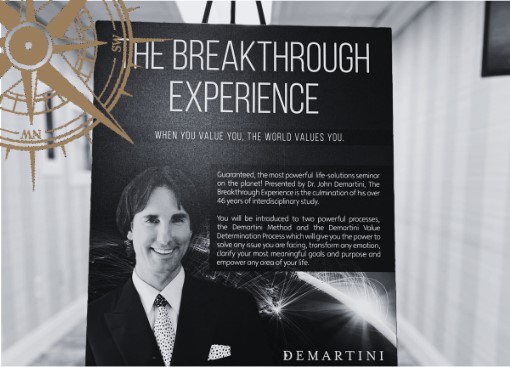Your hidden relationship pattern
Once upon a time, in a quaint little town, there lived a woman named Sarah. She was vibrant and intelligent and valued her relationships.
Yet, Sarah had a way of approaching relationships that often left her feeling lost and unfulfilled.
Sarah was the kind of person who believed that her happiness hinged on her partner being there with her. She couldn’t help but rely heavily on them for reassurance and a sense of security. This made her relationships feel like a rollercoaster, with moments of euphoria followed by sharp drops of anxiety.
One day, Sarah’s close friend Jake sat her down for a heart-to-heart conversation. “Sarah,” he said gently, “It’s wonderful to value your partner, but don’t forget to nurture your own sense of self. It can help break the cycle of emotional dependence.”
Sarah’s trust issues had her worrying that her partner would abandon her for someone else. She found herself feeling suspicious whenever her partner spent time with friends, family, or anyone close to them. Paranoia was high. It was like a never-ending loop of jealousy and insecurity.
Sarah’s sister, Jane, offered her some valuable insight. “Sarah,” she said, “Every healthy relationship requires you to work on your own pain point that you bring into the relationship that is interfering with having closeness. Which is the very thing you want.’
Sarah yearned to hear that she was loved, appreciated, and valued by her partner. Without these external actions, she often spiralled into feelings of emptiness and sadness.
Sarah was inherently demanding when it came to her relationships. She craved her partner’s attention and affection. Whenever she was alone with her partner, she felt uneasy, and if her needs weren’t met, she would explode in frustration.
During the session, we explored this fear of someone leaving her, when she wanted to be chosen. Be the number one. Where does it stem from?
Digging deep down, it was her mother. Her mother chose God over her. And so then she clung so tightly to her partner for fear of abandonment, and that not being chosen.
Emotional charges, left unresolved, create a hypervigilant state. This is where the individual monitors her partner’s every move, searching for any signs of disappointment or anger. Seeking a confirmation bias of affirming what they felt as a child being projected into the adult relationship.
This led her to adopt a pattern of people-pleasing to avoid conflict.
In the journey of Sarah’s life, she learned that recognizing these patterns was the first step towards healthier relationships. Becoming aware is the beginning of change.
QUESTIONS OF GROWTH
- Reflect on your own relationship dynamic (or if you are single, choose a family member, friend or business dynamic), what is the underlying dynamic, and where it stems from (eg. Sarah – relationship dynamic of people please, avoid conflict, fear of abandonment – that stemmed from a mother’s wound.)
What is it for you? I’m curious. Feel free to hit reply and tell me your story.
Just like Sarah, we all have our unique relationship dynamics to navigate.
Navigating the seas of relationships requires not just sailing together but exploring the uncharted depths beneath the surface. Explore the very charges that are hazing and interfering with truly being and loving ourselves and our spouse.
By understanding these patterns and actively working on the deeper layers of the problem under the problem, we can create fulfilling relationships.
Tanya “Heart Open” Cross
Leadership Coach & Master Certified Demartini Method Facilitator
BAppSoSc (Counselling)
P.S. SYDNEY BREAKTHROUGH EXPERIENCE 2024
Save the date for SYDNEY BREAKTHROUGH EXPERIENCE 2024 on May 25th & 26th! Use our link to join and be part of our BONUS event on May 27th at 8 pm Sydney time. We’re giving away the entire referral fee collected! Share love with friends and family—whether you’re a refresher or a new attendee, it’s for everyone. Can’t wait to see you there!



